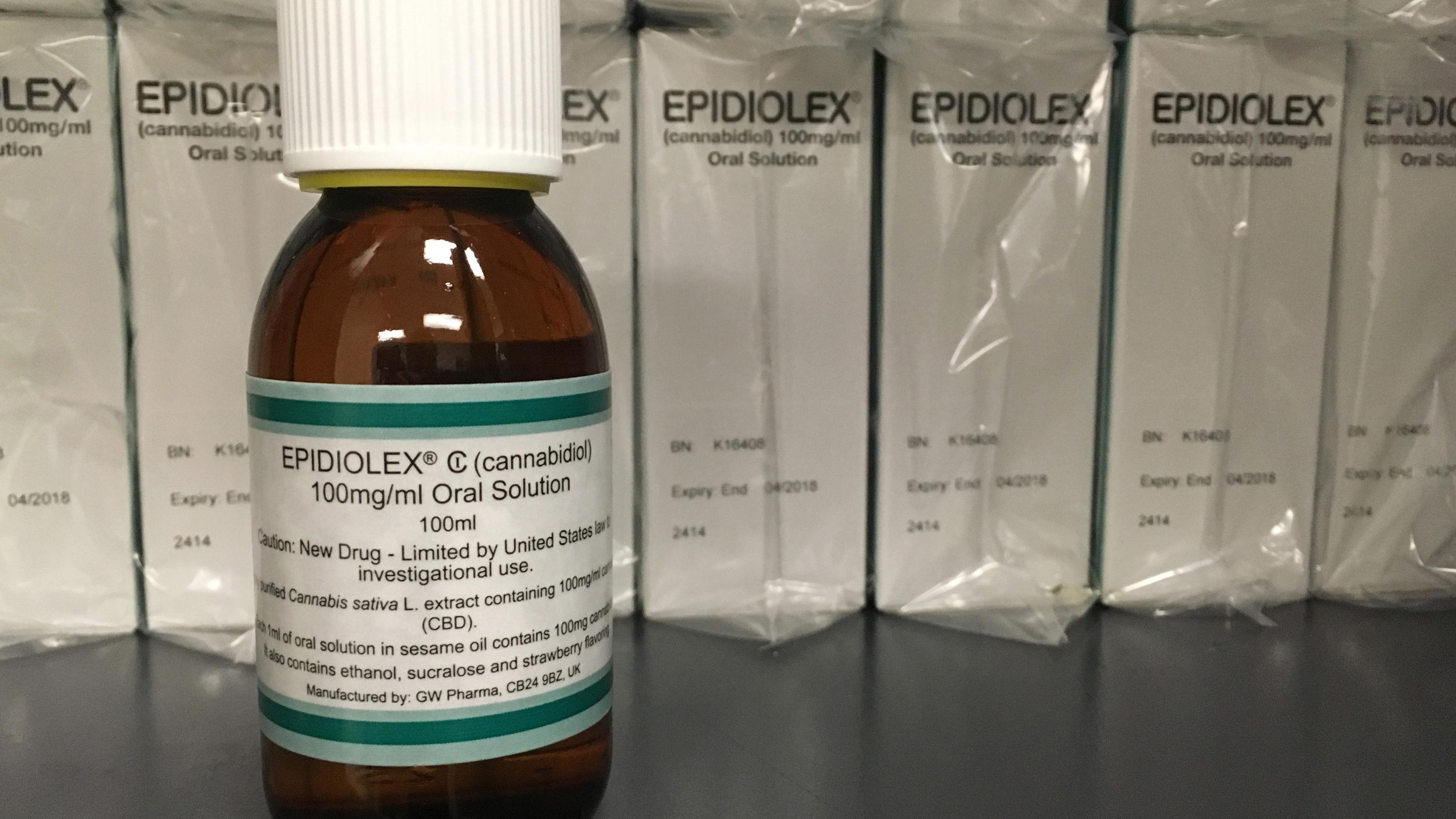Autism, 10 other medical issues, now qualify patients for medical marijuana
 Beth LeBlanc
Beth LeBlanc
Lansing — People with autism may now legally use medical marijuana to treat their condition under new rules approved by a Michigan regulatory agency.
Autism was one of the 11 new medical issues state Department of Licensing and Regulatory Affairs Director Shelly Edgerton approved Monday for inclusion on the list of debilitating medical conditions that can qualify someone for a medical marijuana license. Edgerton denied 11 other conditions for inclusion on the list.
The additions were based in part on “changes in state law to include marihuana-infused products, and the advancement of marihuana research, and upon the recommendation of the panel members,” Edgerton said in a statement.
The list, which significantly expands treatment options under the 2008 voter-approved law, was approved and recommended by the Medical Marihuana Review Panel in May and June after the panel received and considered public comment on the conditions.
The approval of autism as a condition that qualifies for medical marijuana marks a change for the state regulatory agency, which rejected an autism recommendation in 2015.
In May, the addition of autism won the support of Michigan’s chief medical executive, Dr. Eden Wells, who chairs the review panel and had formerly opposed the measure. Wells said medical providers have had more “knowledge and experience with entertaining alternative treatments” in the past few years.
The new proposal also differs from the one in 2015 because it allows medical pot treatment for autism, instead of any diagnosis on the autism spectrum.
The addition of autism to the list of conditions is "wonderful news," said Dr. David Crocker, a member of the review panel and founder of Michigan Holistic Health.
Though there is little long-term research on the effects of marijuana on people with autism, Crocker said his clinical experience suggests the drug works as a balancing agent that allows autistic patients easily overwhelmed by stimuli to maintain "a meditative distance" from the world.
The agency's approval of the 11 conditions Monday was "a true service to the community and it's way overdue,” he said.
The full list of the 11 conditions Edgerton approved as qualifying conditions for medical marijuana includes arthritis, autism, chronic pain, colitis, inflammatory bowel disease, obsessive compulsive disorder, Parkinson’s disease, rheumatoid arthritis, spinal cord injury, Tourette’s syndrome and ulcerative colitis.
Those conditions will be added to the list of medical issues that qualify patients for a medical marijuana license — which already includes cancer, glaucoma, hepatitis C, AIDS, post-traumatic stress disorder, Crohn’s disease, or chronic diseases that result in severe nausea, chronic pain or seizures.
Edgerton barred 11 conditions from being added to the list, including anxiety, asthma, brain injury, depression, diabetes, gastric ulcer, non-severe and non-chronic pain, organ transplant, panic attacks, schizophrenia and social anxiety disorder.
eleblanc@detroitnews.com
(517) 371-3661